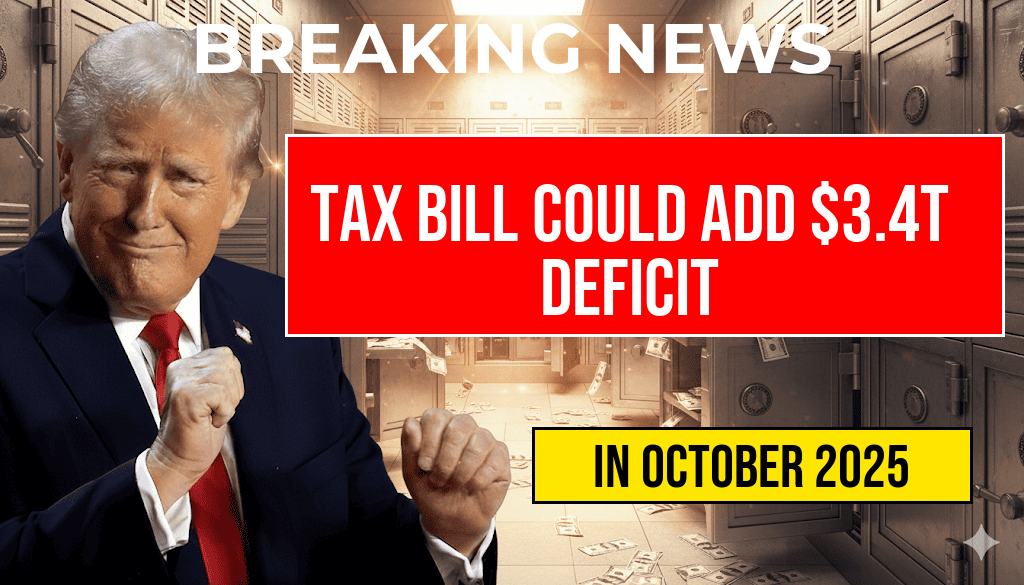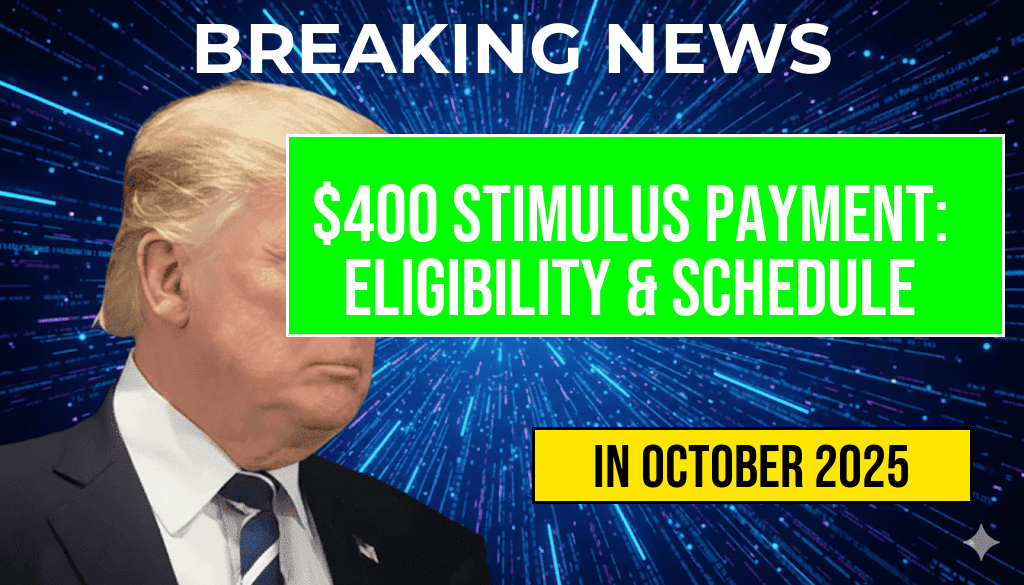Federal lawmakers are raising alarms over the proposed “One Big Beautiful Bill”, a sweeping legislative package that critics warn could significantly expand the national deficit by an estimated $3.4 trillion. The bill, which aims to overhaul various sectors including healthcare, infrastructure, and tax policy, has garnered support from some political factions but faces intense scrutiny from financial analysts and opposition groups concerned about its long-term fiscal impact. As discussions continue, experts emphasize that the bill’s projected deficit increase could influence borrowing costs, national debt levels, and future economic stability, prompting questions about the sustainability of its proposed spending and tax measures.
The Controversial Legislation and Its Aims
Key Provisions of the “One Big Beautiful Bill”
- Healthcare Expansion: Significant funding for Medicaid and public health programs aimed at reducing uninsured rates.
- Infrastructure Investment: Trillions allocated toward upgrading transportation networks, broadband, and energy sectors.
- Tax Overhaul: Proposed reforms include increased corporate taxes, adjustments to individual income brackets, and new revenue-generating measures.
Proponents argue that the bill will stimulate economic growth, create jobs, and address longstanding infrastructure deficiencies. However, critics contend that the combination of increased spending and tax hikes could impair fiscal discipline, leading to substantial deficits that burden future generations.
Estimating the Fiscal Impact
How the $3.4 Trillion Deficit Increase Is Calculated
| Component | Estimated Cost/Revenue Impact |
|---|---|
| Additional Spending | $2.8 trillion |
| Tax Revenue Gains | -$0.6 trillion |
| Net Increase in Deficit | $3.4 trillion |
Economists from institutions such as the Congressional Budget Office (CBO) warn that such a deficit spike could have ripple effects across the economy. Increased borrowing might lead to higher interest rates, making loans more expensive for consumers and businesses alike. The CBO’s recent analyses suggest that sustained deficits beyond current projections could impair the government’s ability to fund essential services and respond to economic downturns effectively.
Political Reactions and Public Debate
Supporters’ Perspective
Lawmakers backing the bill emphasize its potential to modernize critical infrastructure and expand access to healthcare, viewing the projected deficit increase as a necessary investment for long-term economic resilience. They argue that the bill’s revenue provisions, such as corporate tax hikes, will offset some costs and ensure fiscal responsibility.
Opposition Concerns
Opponents, including fiscal conservatives and some economic analysts, warn that the bill’s deficit projection could undermine fiscal stability. They highlight the risk of increased national debt, which currently exceeds $31 trillion, and argue that unchecked borrowing may lead to inflationary pressures or future tax hikes. Several lawmakers have called for a more targeted approach to spending and reform efforts that do not exacerbate the deficit.
Long-Term Implications and Expert Opinions
Debt Sustainability and Economic Stability
Financial experts emphasize that maintaining a manageable debt-to-GDP ratio is crucial for economic stability. According to the International Monetary Fund (IMF), sustained high deficits can limit a country’s fiscal flexibility and increase vulnerability to external shocks.
Some analysts suggest that unless the bill’s spending results in proportional economic growth, the added debt could become a persistent burden. Conversely, supporters argue that strategic investments in infrastructure and health could yield productivity gains that justify the fiscal costs.
Next Steps and Legislative Outlook
The bill is currently under review in congressional committees, with debates intensifying over its fiscal implications. As lawmakers seek a balance between stimulating economic growth and maintaining fiscal discipline, the projected deficit increase remains a central point of contention. The outcome of these negotiations could shape the nation’s fiscal trajectory for years to come, with potential repercussions on credit ratings, interest rates, and public confidence in government economic management.
Frequently Asked Questions
What is the main concern regarding the ‘One Big Beautiful Bill’?
The primary concern is that the bill could significantly increase the federal deficit by approximately three point four trillion dollars.
How might the bill impact the national debt?
The bill has the potential to substantially raise the national debt due to increased spending and tax cuts, which could strain the country’s fiscal stability.
Who are the main stakeholders worried about the bill’s effects?
Taxpayers, fiscal analysts, and government officials are concerned about the bill’s impact on budget deficits and long-term economic health.
What are the potential economic consequences of increasing the deficit by this amount?
An increase of this magnitude could lead to higher interest rates, reduced public investments, and greater economic instability over time.
Are there any proposed measures to mitigate the bill’s impact on the deficit?
Some policymakers suggest implementing spending cuts or tax reforms aimed at offsetting the deficit increase, but the effectiveness of these measures remains uncertain.






